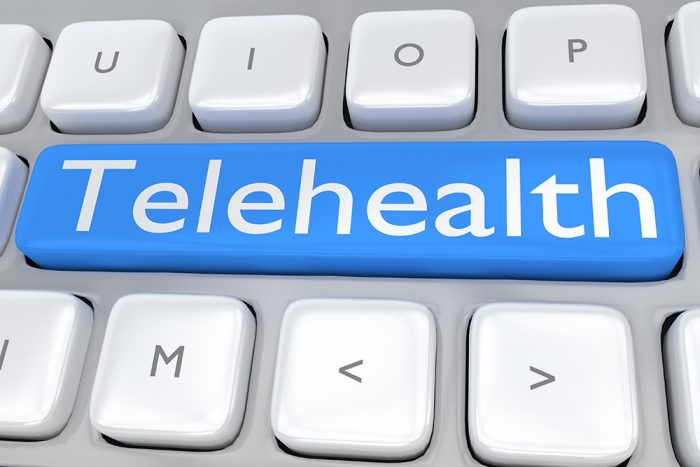ODP Announcement 21-059 is to inform stakeholders of the rate load timeline and to provide guidance for the temporary enhanced rates associated with Community Participation Supports (CPS) and Transportation Trip services.
The enhanced rates are anticipated to be visible on Individual Support Plans (ISPs) in the Home and Community Services Information System (HCSIS) on August 1, 2021 with an effective date of August 1, 2021. For the most part, services should auto-authorize, and there should be no need for manual intervention. However, if errors set, see the section of this communication titled “Manual Review Process in HCSIS For a Mass Rate Change,” which is found on the next page. Providers are strongly encouraged to review Service Authorization Notices or the Provider Service Detail report in HCSIS to confirm the enhanced rates were loaded and authorized before attempting to bill for any CPS or Transportation Trip services rendered August 1, 2021 and after.
Compensation for Temporary Enhanced Rates for the Period July 1, 2021 – July 31, 2021
The enhanced CPS and Transportation Trip rates will not be loaded in ISPs for the period July 1, 2021 through July 31, 2021. Instead, the current rate will remain for that period, and ODP will be compensating providers, via gross adjustments, for the difference between the rate billed and the temporary enhanced rate for CPS and Transportation Trip services that were rendered during the period July 1, 2021 through July 31, 2021. This is intended to eliminate the effort of voiding and re-billing claims. ODP anticipates processing gross adjustments during October 2021 to ensure all billing for the month of July 2021 has been completed. Providers are requested to bill in a timely manner to minimize the need for corrections.
Rate Load Impact on ISPs in Draft and Pending Approval Status
Plans in draft or pending approval status will be updated with the temporary enhanced rates for CPS and Transportation Trip services. If there are any exceptions that set on the draft or pending approval plan as a result of the rate load, these plans will be “locked” and the AEs must resolve the issue using the View Modifications screen found in the Mass Rate Change tab in HCSIS.
Two Service Segments on ISPs for CPS and Transportation Trip Services
Since the temporary enhanced rates for CPS and Transportation Trip services will have a begin the date of August 1, 2021, two service/rate segments in authorized status will be present on ISPs, assuming no errors set. One service/rate segment will reflect the period July 1, 2021 to July 31, 2021 and the second service/rate segment will reflect the period August 1, 2021 to June 30, 2022.
Rate Load Causing Cap Limitation to be Exceeded
It is possible that once the temporary enhanced rate load occurs in HCSIS, cap limitations may be exceeded for individuals not currently approved for a cap exception. Plans associated with individuals approved for a cap exception should not experience an enhanced rate load issue. If a cap limitation prevents the enhanced rate to update, the service will be in a pending authorization status until AEs modify the plan accordingly or a cap exception is put in place.
Manual Review Process in HCSIS for a Mass Rate Change
Once the rate change is initiated, if one or more plans are not updated automatically by HCSIS, AEs may review the errors that set the exception and fix the errors accordingly. Administrative Entities may view the impacted service contracts, impacted claims, impacted plans, and exceptions, resulting from a mass rate change, via the View Modifications screen in HCSIS. All line items with a status of “Updates in Progress” will need to be addressed by the AE before the rate change is finalized.
See ODP Announcement 21-059 for full details.

















